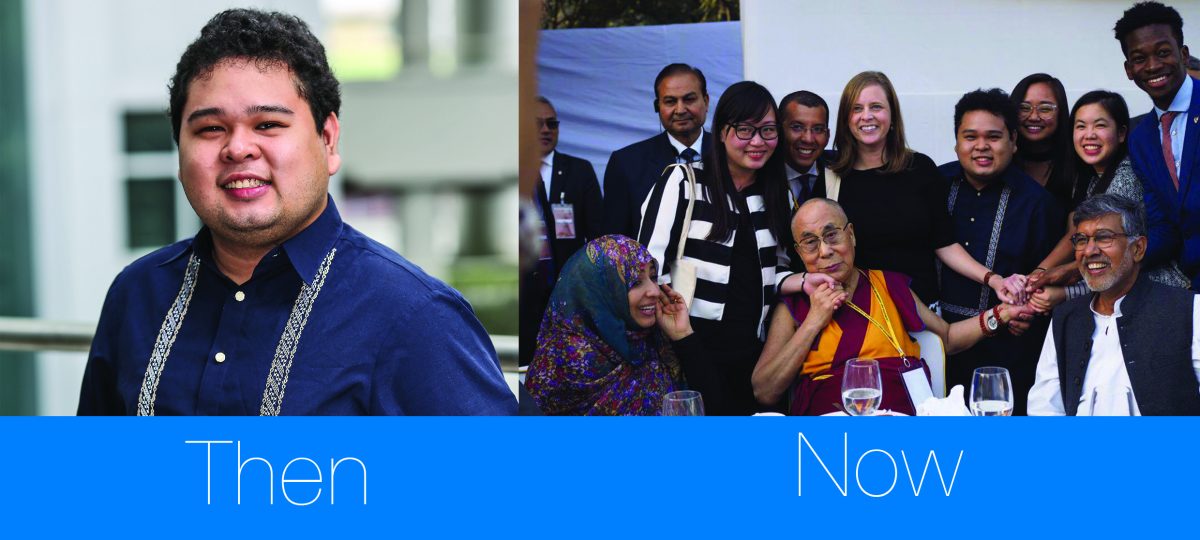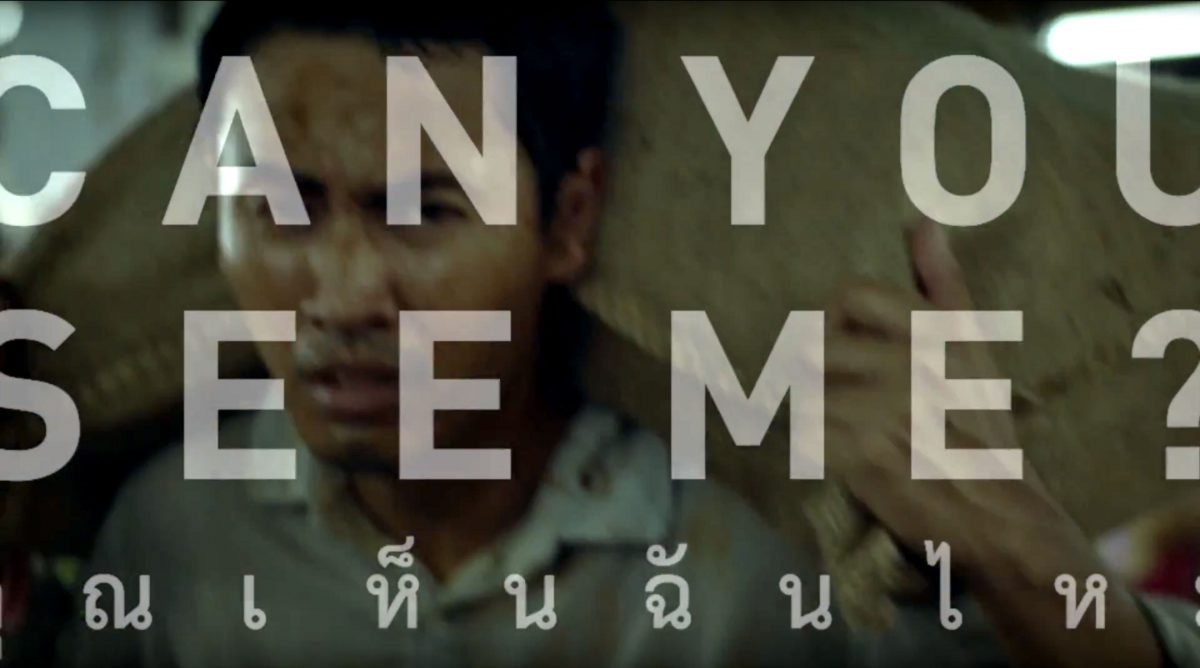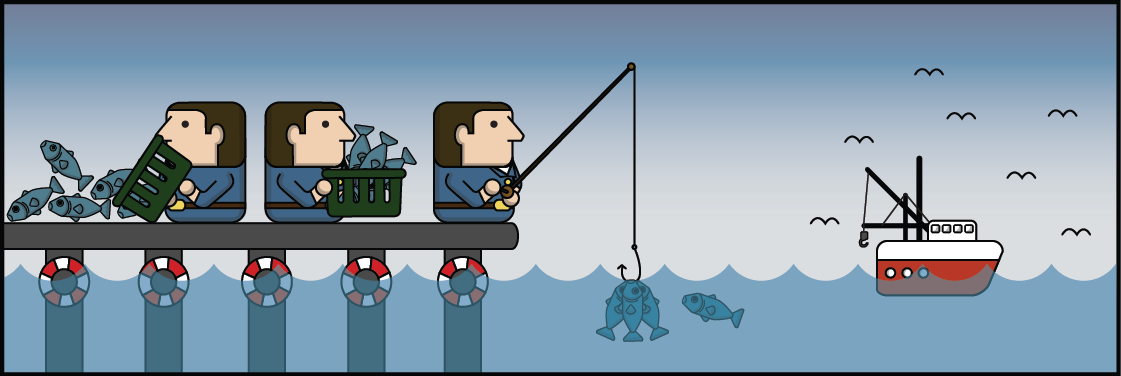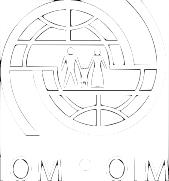Playing the victim – Actors assist police in better identifying victims of human trafficking
“If you have questions, then ask your questions, and do it quickly,” she snaps.
The officer’s job is to determine if the woman is a victim of human trafficking. He soothes and empathizes with her and continues with gentle questions.
Her story is shocking. She was lured to a brothel in Dili by a recruiter she met online. Though she had agreed to partake in paid sex work, the conditions she was promised turned out to be far cry from reality. She was locked in a room, raped and injected with crystal meth. She is now addicted to the drug and five-months pregnant.
A short time later, a young boy arrives. He was found unconscious on a street in Dili and taken to the hospital. With obvious signs of physical abuse and malnutrition, the hospital called a local NGO, who alerted the police.
Again, an officer from PNTL begins to carefully extract the boy’s story. He was sent to live with his aunt and uncle, with the promise of attending school. Instead they put him to work as a servant, beating and abusing him when he didn’t meet their standards. In addition to his cleaning duties, they began sending him out to sell eggs. This is what he was doing with he collapsed.
Fortunately, in this case, the woman and the boy are only actors.
They were hired by IOM Timor-Leste as part of its “Making the Case for Human Trafficking in Timor-Leste: Capacity Building and Policy Development” project, funded by the U.S. State Department’s Bureau of International Narcotics and Law Enforcement Affairs (INL). Through the project, IOM Timor-Leste conducted a series of training-of-trainers sessions for the National Police of Timor-Leste (PNTL) and Immigration Services in July 2016.
While traditional training techniques formed the backbone of the capacity development activities, the simulated scenarios tested the participants’ victim identification and interviewing skills.
After the interviews were completed, IOM’s experts provided a comprehensive debrief for participants on areas where they excelled and areas where improvements could be made. The practical sessions were recorded so they can be used as teaching and learning aids in the future.
Interviewing potential victims of trafficking is a sensitive process. There are many reasons victims of trafficking do not want to reveal details of their cases to law enforcement, including fear of retribution from their traffickers, or that they will be arrested for revealing illegal activities they were forced to be part of.
To ensure a smooth interview process, these are some of the guidelines IOM follows:
- Ensure the interview takes place in a closed and private spacewhere no one can overhear or interrupt. The only people in the room should be those who are absolutely necessary – the victim, the interviewer, any qualified support person (i.e. lawyer, child’s guardian/representative) and, if required, an interpreter. Having non-essential people can intimidate the victim and reduce cooperation.
- It is preferable for the interviewer to be the same sex as the victim. How the interviewer dresses should also be considered. For example, a police uniform can be intimidating.
- Do not conduct the interview while standing over a person, sitting behind a desk or with lights shining on the victim – consider how the room set up can affect the perceived power dynamicsand willingness of a victim to speak.
- If there is any doubt that the victim can speak and understand the language being used in the interview – an interpreter must be obtained – and that interpreter must be a neutral partywithout any interests or connections to the victim or suspected trafficker.
- The legal process needs to be clearly communicated at the start of the interview, and the interviewee needs to understand their rightsas a victim. It needs to be made clear that it is an interview, not an interrogation, and that is it confidential.
- Determine whether the individual feels secure and comfortable – ask them if they have any questions before you start, reassure them they are safe and can stop the interview at any time. Ask them if they are suffering any pain or discomfort, or have any other problem that would require medical attention (if there is a medical need, the interview should be suspended).
- Explain to the victim that they are not required to answer any of the questions if they don’t want to– but that the more complete the answers and more information you get, the better you can help and protect them.
For more information, please contact Mr. Andrew Harrington ([email protected] or +670 7846 1585) or Mr. Jacinto Amaral ([email protected] or +670 7701 3825).
(English) Editor’s choice

(English) Where are they now?: Joey, Philippines
sorry not available!

(English) Where are they now?: Joey, Philippines
sorry not available!















